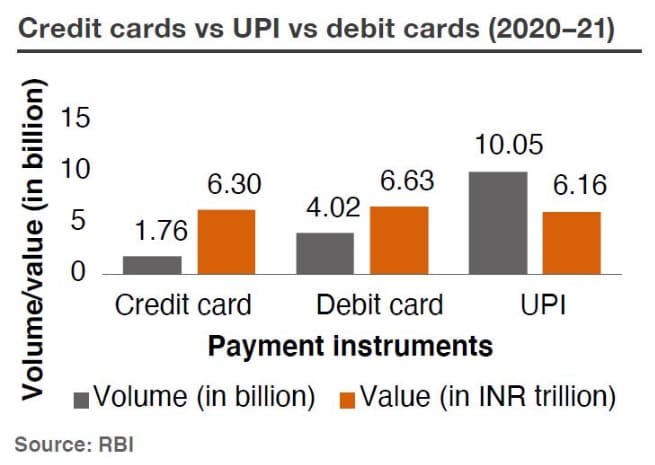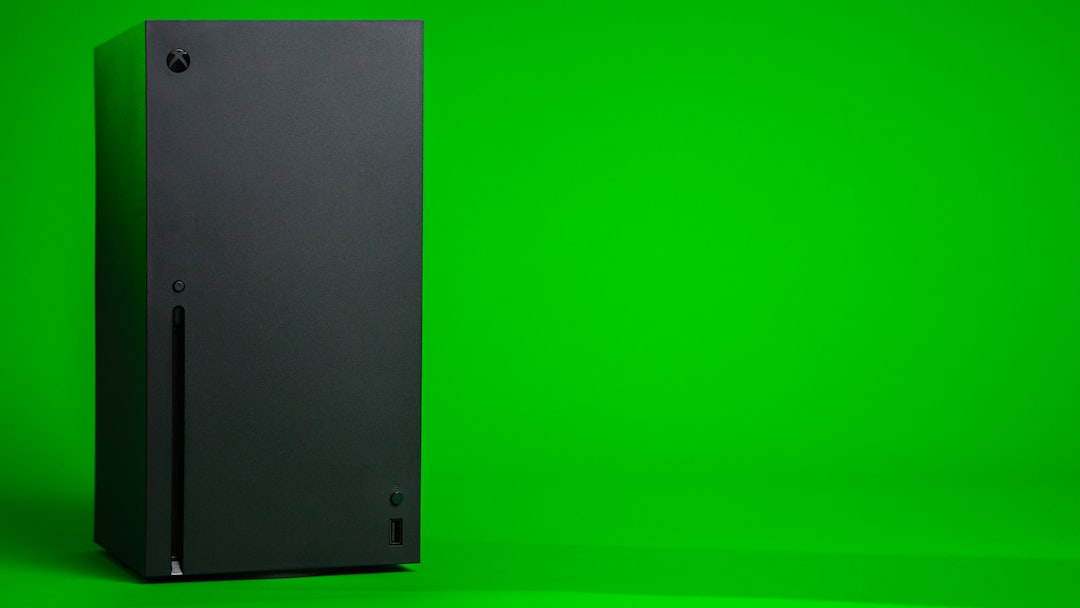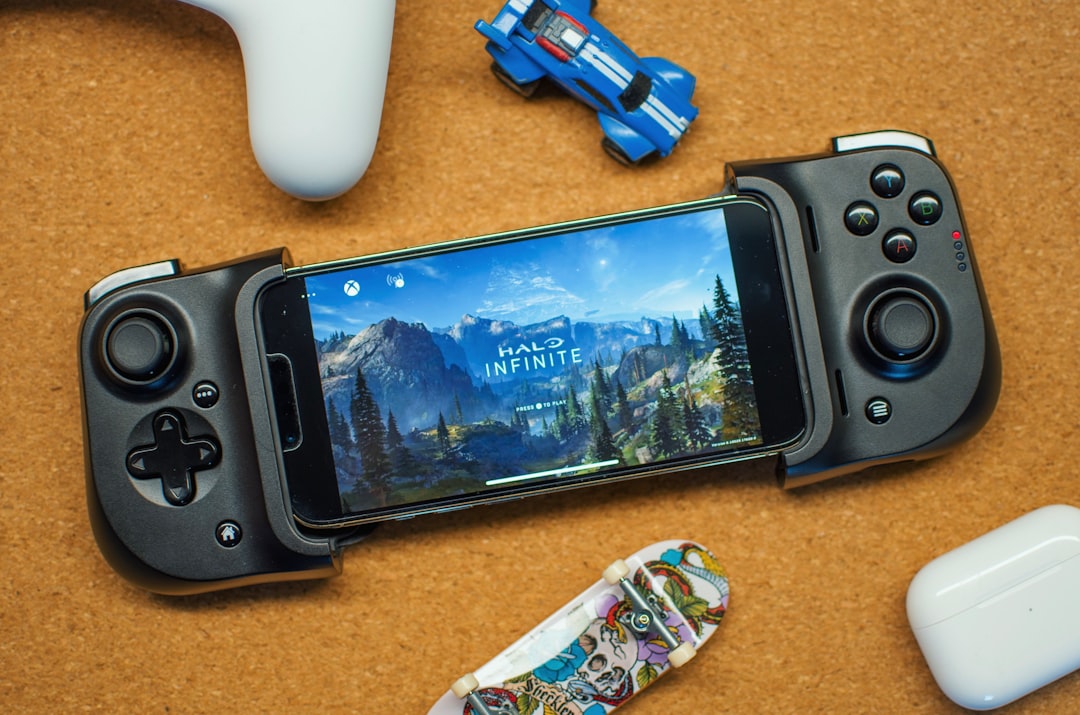PlayStation Spartacus Doesn't Need to Beat Xbox Game Pass to Win in India
It just needs to show up.

Last week was an eventful one from both Microsoft and Sony. We had Microsoft reveal a price drop for its Xbox Game Pass service in India. This was followed by a report from Bloomberg stating that Sony’s new subscription service, codenamed: Spartacus slated to be announced this week.
Interestingly, there was no press release for Microsoft’s price drop. Rather the company was content with whispering sweet nothings to select writers who promptly tweeted about it with few other details.
Let’s unpack Microsoft’s price change first. As you can see, there are reductions as low as Rs. 140 per month to 4,800 for 24 months.


Xbox Game Pass price cuts are nice, but pointless in India without distribution or expanded payment options
On the surface this seems like your standard price cut, with the sole exception of a year’s worth of Xbox Live Gold being more expensive than simply opting for the six month plan twice. This ended up garnering the company a fair bit of positive publicity. Interestingly, the decision for better pricing was driven by “market conditions”, as nebulous as it sounds.
However it also exposes the company’s weaknesses. Better pricing is nice but it won’t move the needle when the payment options on Microsoft’s site are limited and there’s zero retail footprint in the country. India is a market where debit and credit card penetration is limited.
There are about 898.20 million debit cards in circulation as of March 2021 according to recent estimates and despite credit cards increasing from 29 million in March 2017 to 62 million in March 2021 as per industry figures, UPI is the dominant non-cash payment method in the country in terms of volumes according to the Reserve Bank of India as elucidated by the chart below. Pay attention to the grey bar for volume.

When you consider how something potentially as mainstream as Game Pass is, it needs to be available everywhere with every payment option that matters. Right now, there are those that want to buy into Microsoft’s Netflix for video games offering, but can’t because their debit cards aren’t supported on Microsoft’s site or that they’re limited to debit or credit cards rather than the plethora of options available with for every other storefront.
Distribution is where PlayStation wins
Aside from Sony making its PlayStation Store wallet top-ups available through Amazon, Flipkart and a legion of offline stores too, allowing you to pay in cash, UPI, or whatever you please. You can even buy Steam wallet top-ups with cash. This was well before Sony decided to take distribution seriously, showing how far ahead Valve was thinking at that point.
If you don't have a credit or debit card that works on the Microsoft Store, you're out of luck. The payment options are restricted to these two and you can't buy an Xbox Game Pass subscription at retail like you can with PlayStation Plus and PS Store top up cards. This severely limits Microsoft’s reach and given that the rumoured Xbox Game Pass subscriptions for retail hasn't hit yet, it’s safe to say the company is missing a trick or two when it comes to distribution and payments.
And it's not like there isn't any merit to this — the sale of digital subscriptions, top ups, and currencies (PS Store top ups, COD Points, and Apex Legends Coins to name a few) at retail average between Rs. 8 to 12 crore (aka Rs. 80 to 120 million) per quarter since the pandemic according to multiple sources. Most of these payments are done via cash or UPI.
What does this mean for Spartacus? Well, if Sony does what it did for PlayStation Plus and PlayStation Store wallet top-ups, making Spartacus widely available across its wide retail network, that’s quite likely all it needs to do. Last generation saw around 70 percent of all PS4s connect to the Internet in India with users creating accounts on PSN, now the number sits at over 90 percent for the PS5 claim several industry sources speaking to me on condition of anonymity fearing retribution. It’s this deep focus on distribution that keeps Sony exceptionally relevant in markets like India.
Those familiar with the company’s plans speaking to me on condition of anonymity claim more of the same. In fact they went as far as to say that the mass banning of PSN accounts was to clean up its distribution channels for the impending launch by cutting off rogue retailers. Though I disagree given how big a problem that was even before Spartacus was rumoured. It also helps that PS5 sales beat out Xbox Series X|S by 10:1 in India.

Content is king and Microsoft has the crown
While the Bloomberg report claims that Spartacus has a “splashy lineup of hit games” and will merge PlayStation Now with PlayStation Plus, it’s unlikely that brand new games from Sony’s first-party studios like the upcoming God of War Ragnarok would be available on the service from day one. I’d be pleasantly surprised if one of the tiers on offer allows for this, but right now, it appears that there are enough buyers for Sony’s Rs. 4,999/$70 strategy at least from an India perspective. Sales of every first-party game in India have stayed strong, with the sole exception of Returnal that was discounted pre-release.
With that in mind, I’m expecting Spartacus to have a greater emphasis on back catalogue, hopefully PS3 and PS2 games being playable via the service. Sony may want to position it the same way it did with the Greatest Hits/PlayStation Hits range from past generations to avoid cannibalising full-priced sales of its biggest and best games.
In this respect, Xbox Game Pass has a distinct advantage. Given how Microsoft has structured its business, tying the success of games to Xbox Game Pass adoption and engagement rather than unit sales. Will it be enough to move the needle in India? Initial impressions indicate yes. Most Indian retailers forced to take Halo Infinite, Microsoft Flight Simulator, and Forza Horizon 5 Xbox games on disc had to eventually liquidate their stock at rockbottom prices simply because Indian gamers already had them queued up on Xbox Game Pass. Until this changes or unit sales become a priority for Microsoft, the vocal minority that own Xbox consoles in India will continue to use the service.

Cloud is a stalemate
From what I’ve gathered, neither company has managed to firm up its cloud gaming plans for a concrete India release. Sony was slated to launch PS Now in 2020 but plans were derailed due to the pandemic. It had taken an interest in bringing the service to India since its purchase of Gaikai with Sony executives checking in on local Internet infrastructure in 2013 and discussing it with local partners. As you can see, nothing came of those conversations.
Microsoft, on the other hand, has been more proactive. After being unable to reach a deal with Reliance Jio due to pricing disagreements — with the former demanding sachet style pricing for what was then known as Project xCloud. Microsoft met multiple telcos in the country following Jio’s pricing concerns.
One such meeting ended at an impasse after it was asked to host all its data and xCloud tech in India on premises of one particular telco, which didn’t go down too well with its US management. It’s still on the hunt for a local partner. With Jio likely making its bed with the lowest bidder and Airtel having its own solution that got widely panned, it’ll be interesting to see who Microsoft ends up with, more so with 5G only expected at the end of the year.

As you can telll, the Indian gaming market is in a unique position with how consumer spending takes place majorly offline while online penetration still continues to grow. Several unique challenges exist for both Sony and Microsoft right now, and it remains to be seen how they evolve their products, games, and services to stay relevant.
Other interesting insights from the Indian games market:
WWE 2K22 exceeded expectations despite retailer concerns given the quality of the last game. First and second shipments of the game have already sold out, with majority of sales being on the PS4. A welcome return to form for 2K Sports.
That said, sales of 2K’s other release: Tiny Tina’s Wonderlands, have been dismal to say the least. The game garnered single digit pre-orders according to retailers I spoke to. Most of the audience that played the Borderlands games weren’t even aware that it was a new release, thinking it to be DLC, much like Tiny Tina’s Assault on Dragon’s Keep for Borderlands 2.
Lost Ark has been taking Steam by storm, making it the rare hit for Amazon Game Studios as publisher. However Indians can’t play it. The official response is due to not having the legal rights to publish the game in all territories. 2022: draconian region-locking still exists — that too on PC, and developer Smilegate RPG is to blame.



